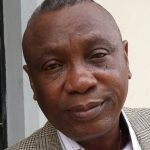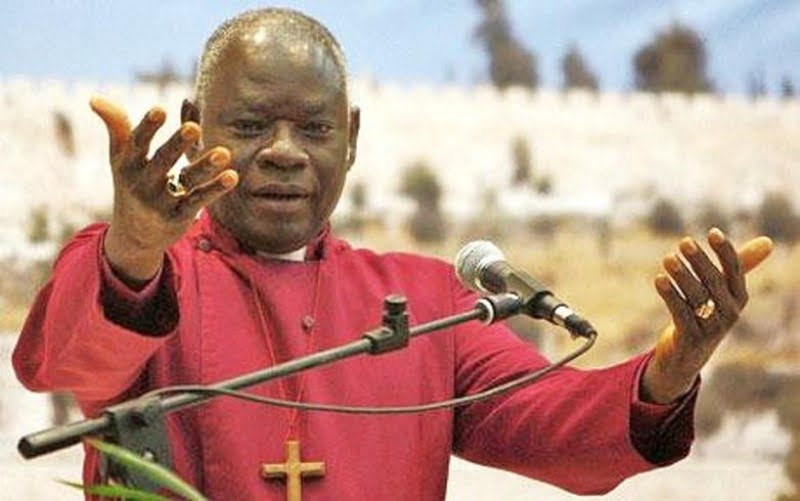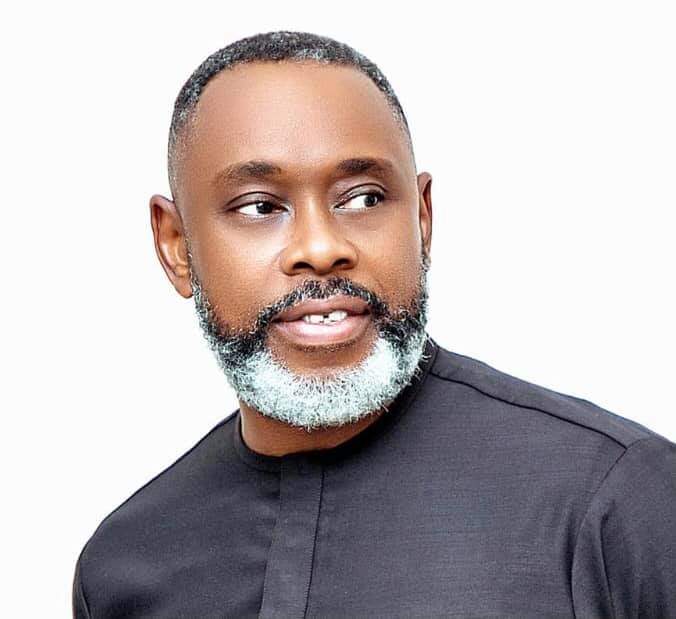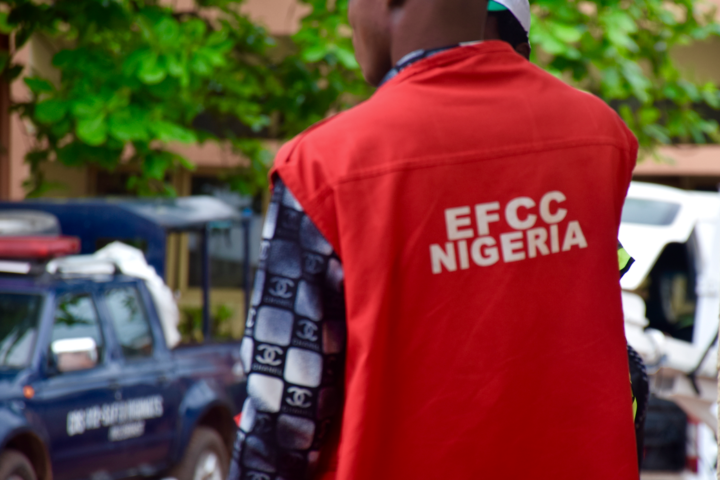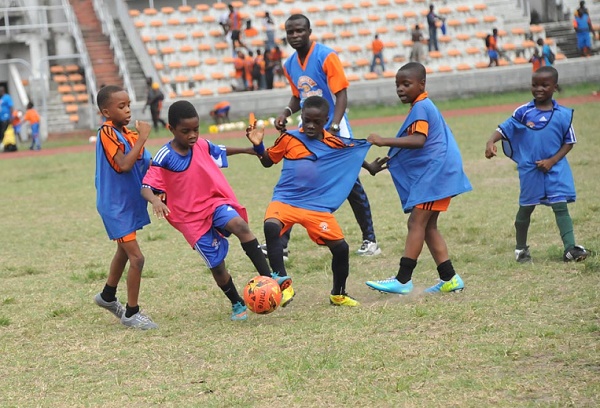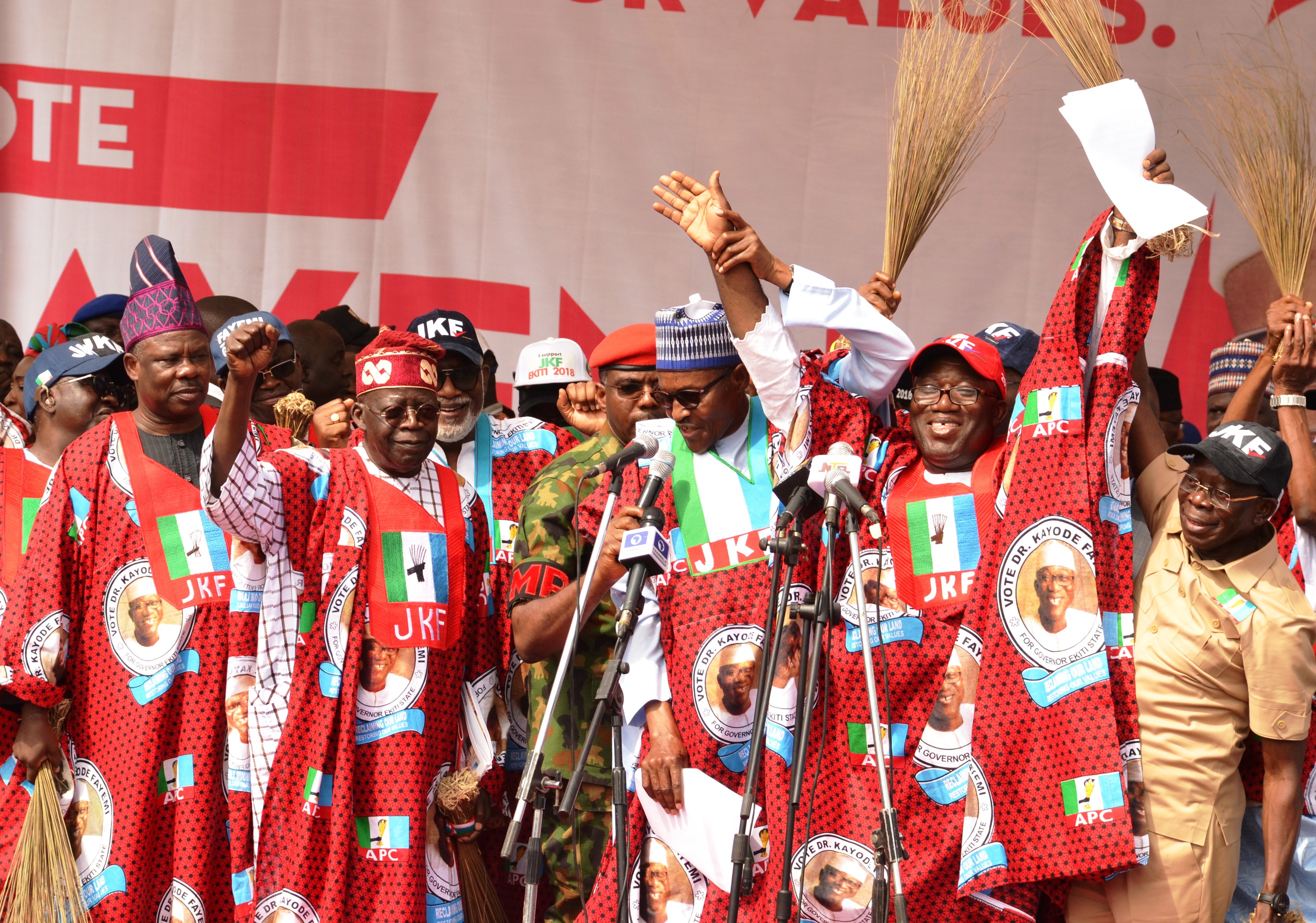The former Anglican primate of the Church of Nigeria, Peter Jasper Akinola (78) returned to the Cathedral Church of Christ, Marina, Lagos, on Friday, February 4, 2022, to give a funeral sermon for his Abeokuta friend and former interim head of state of Nigeria, Ernest Adegunle Oladeinde Shonekan, GCFR (May 9, 1936 – January 11, 2022). It was the first time Akinola has preached a sermon since he handed over to Archbishop Nicolas Okoh on March 25, 2010. On hand to receive him were Humphrey Bamisebi Olumakaiye, archbishop, Ecclesiastical of Province of Lagos and the diocesan bishop of Lagos, from the ancient town of Idanre and the provost of the cathedral, Adebola Ojofeitimi, from Omofe, Ilesha, Osun state.
Others who received him were ‘Dapo Opeaye (people’s warden), Adeyinka Shonekan (provost’s warden), Tunde Sosan (master of the music and organist), Henry Mooh (Altars Servers/care ministry, Olusegun Lufadeju, Oluwaseun M. Adeyemi, Olawole Faloye (prison/youth), Emmanuel Fadipe (elder’s fellowship/SWSU), Henry Adelagun (harvest sub-committee) and former provost warden, Gbola Akinola(SAN).
The primate of the Church of Nigeria (Anglican Communion), Henry Ndukuba as well as twelve other Bishops were at the cathedral on that day. Seated at the cathedral on that day were the vice president of the Federal Republic of Nigeria, Yemi Osinbajo (GCON), the secretary to the government of the federation, Boss Mustapha, the governor of Lagos state, Babajide Sanwo-Olu as well as the governor of Ogun state, Dapo Abiodun, former head of state, Yakubu Gowon (GCFR) and his wife Victoria as well as the former president, Goodluck Ebele Jonathan (GCFR).
It was the first time a funeral was held for a former head of state at the cathedral, which is the oldest Anglican Cathedral in the Church of Nigeria. The foundation stone for the first cathedral building was laid on March 29, 1867, and the cathedral was established in 1869. Construction of the current building to designs by architect Bagan Benjamin started on November 1, 1924. The foundation stone was laid by the Prince of Wales (later King Edward VIII) on April 21, 1925. It was completed in 1946. In 1976, the relics of Samuel Ajayi Crowther, a former enslaved Yoruba man who became the first African bishop in the Anglican Church, were translated to the cathedral. There is a cenotaph erected as a memorial of him.
Advertisement
The organ of the cathedral was built by Oberlinger (Orgelbau), Germany on the right side of the altar with two façades – one looking to the altar and the second looking to the right nave. One of the sections, Antiphonal, is located at the organ loft above the main entrance to the church. At the beginning of the 21st century, the whole instrument was renewed (and console rebuilt) by English company Harrison & Harrison; it consists 64 stops on 4 manuals and a pedalboard. It is the largest organ in Nigeria.
One cannot but be moved when you enter the cathedral, which has become part of the Nigerian heritage.
When Queen Elizabeth of England and her husband Prince Phillip came to Nigeria on January 8, 1956, they both worshipped at the cathedral. She donated a chair which is still preserved in the Cathedral till today. When Princess Alexandra of Kent represented her cousin, the Queen of England at Nigeria’s Independence on October 1, 1960, she worshipped at the cathedral. On April 19, 1969, the then head of state, Yakubu Gowon got married to Victoria Zakari at the cathedral.
On Friday, when Akinola preached the sermon, the cathedral as expected was full. It was a sermon full of revelations. For some of us, who lived in Abuja during Sani Abacha’s years, it was nostalgic to listen to Akinola’s sermon. He declared on that day: “So, Auntie, Mrs. Shonekan, the children and all the people, do not grieve endlessly and hopelessly like those who are without Christ. Rather, rejoice and be thankful to the Lord that after this dark world of sin, better things await those who know, love, and serve the Lord. Thanks be to God”.
A word or two will be appropriate at this point about the life and times of this great man of faith, a man of prayer who was utterly committed to the things of the Lord. He was ever humble and totally unassuming. His love for God was easily visible in his relationship with the people around him. To his dear wife and children, he was the best husband and father anyone could ever wish to have.
Advertisement
In the church of God, he was a great pillar and shining example of authentic Christianity. In spite of his enviable high position in society, he served as a church steward. His virtuous footprints are discernible here in Lagos, Abuja, Abeokuta, Ekpoma, and many more. He would spend and be spent in service of the Lord. Regardless of whatever was going on, he remained steadfast and so far as we know didn’t compromise his Christian faith and virtues.
In the world of business, he was a noted captain of industry and guru of the boardroom. As the head of the largest business conglomerate in Nigeria and West Africa, UAC, he was not only very resourceful and successful, he was well established and contended. He was not a politician. But, as he journeyed on in his life pilgrimage, at a point without thinking, planning, or asking for it, he found himself in the ever dark and dreary and murky waters of Nigerian politics. Following the infamous annulment of the 1993 presidential elections, the aftermath of which threw the country into chaos, he was invited and persuaded to head the interim national government (ING). Those were not the best of times for Nigeria and certainly not for any political leader. The situation was tense.
Nigerians demanded that Babangida should leave office but for reasons best known to him, he was reluctant. But when it became clear that the political imbroglio if not quickly resolved could lead to violent agitation and mass bloodshed the Maradona of Nigerian politics created the transitional government to help usher in a new political arrangement. In the unfolding dangerous political drama, I remember that Shonekan declined the offer to head the ING. Time was running out as Babangida had fixed a date for himself to step aside.
As pressures mounted on Shonekan from many quarters at home and abroad; he then said that he would think about it. At this stage, I remember vividly how his very good friend late Shehu Idris, at that time the Emir of Zazzau, and this creature here addressing you were pleading with him to think of the pros and cons of not accepting the call to stand in the huge political gap. He was reminded that nationwide, tensions were running high and that anything could happen in the military barracks.
Advertisement
In addition, we also knew that from the very beginning of its journey to political nationhood (which it is yet to attain) Nigeria since independence has been a blood-letting country; remember the western region operation “wet e”, the pogrom in northern Nigeria, the military coups and counter-coups, the devastating 30-month civil war; hitherto unknown reckless armed robbery attacks, and numerous political assassinations all of which sniffed precious life out of millions of innocent citizens. We were quick to realise that once violence broke out again, we would have no idea who would be consumed and who would remain. It was from this perspective that he was persuaded rather reluctantly to save the situation. He then decided that it was better, though equally risky to stand in the gap and avoid unnecessary bloodshed so that somehow, we would avoid a repeat of the 1963 dismal fiasco; and hopefully, navigate through the political land mines to restore normalcy and democratic governance.
While some hailed him and breathed a deep sigh of relief, others did not welcome that decision. I still remember that the Alake of Egbaland, Oba Lipede called Shonekan on phone repeatedly to come back home. Ironically, even some parts of the church refused to give him benefit of the doubt. Pity.
Meanwhile, the political gladiators and the news media had a field day. They vilified and demonised him. To my utter consternation, the same people who called him unprintable names in the daytime would troop into Akinola Aguda House Nicodemusly begging for all sorts of favours and political appointments. What a shame. (Aiye!) Some of those agitators claiming that they stood on June 12 were mere political opportunists and they made the loudest noise. I put it to you people of God on June 12, such people were feeding fat. Just as it is today, when we are suffering from the consequences of systemic failure, political opportunists are feeding fat on the present chaos. Nigeria has never had it so bad, (I reserve details for another occasion).
From our standpoint, Shonekan put his life on the line for sake of this country. When Abacha struck, it was a fellow Yoruba man who put the gun on his head ordering him to sign his resignation. It may interest you to know that Shonekan was not completely unaware of the possibility of the palace coup. Those close to him advised him to retire Abacha and his clique and simultaneously announce the appointment of their replacement.
He wouldn’t. He reasoned that if Abacha was fired, the next in rank to him for the appointment was a Yoruba man. If appointed, it would create a new problem as he, Shonekan, would be accused of tribalism and nepotism. And so, he not being a typical ambitious Nigerian politician refused to do anything to preserve himself in the office of head of the interim national government. He would say to me; “let us just continue to pray for God’s guidance and divine resolution to the challenges we were facing”. In truth, we spent time praying and the Lord spared his precious life and came back home safely. The rest is history.
Advertisement
Views expressed by contributors are strictly personal and not of TheCable.
Add a comment
